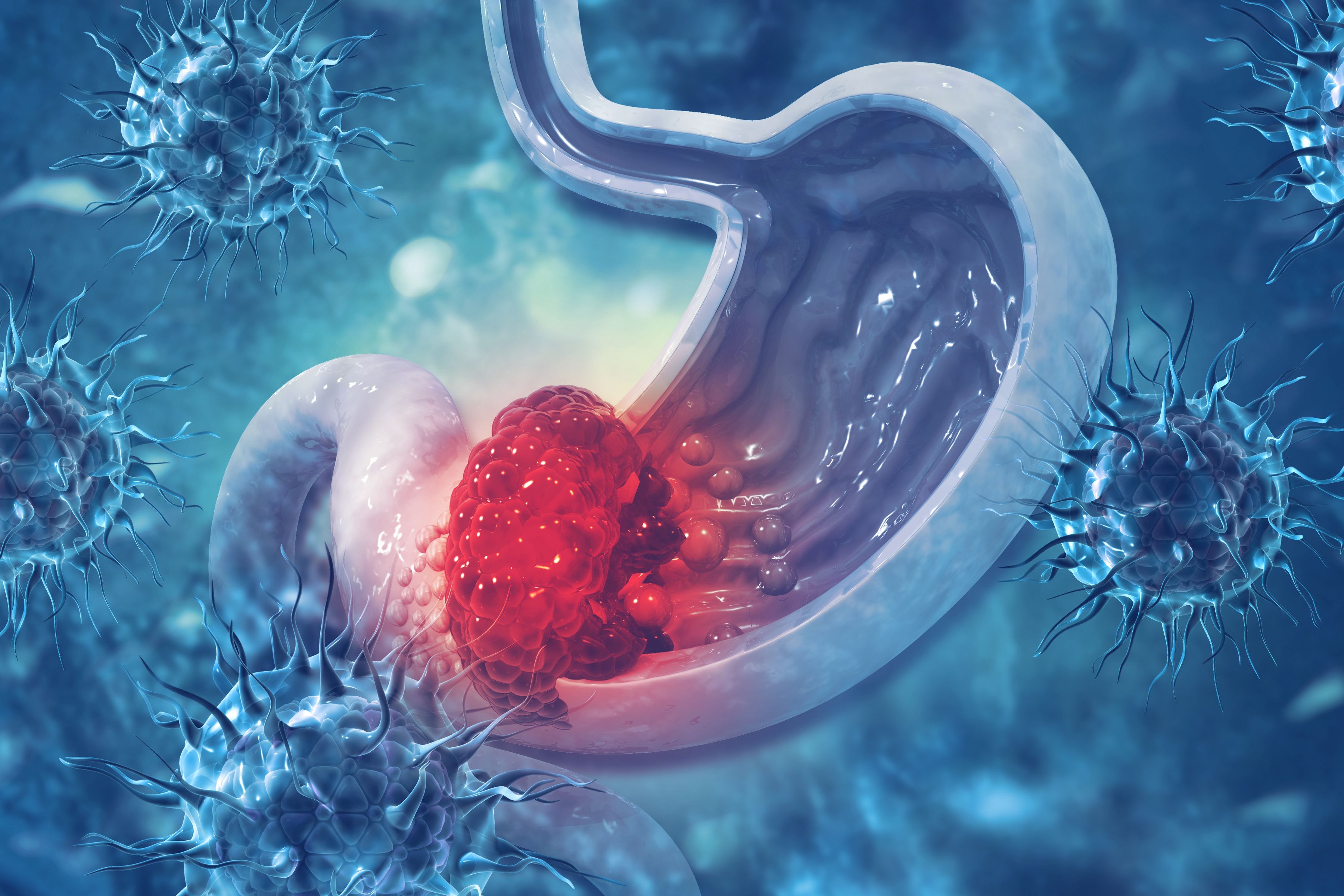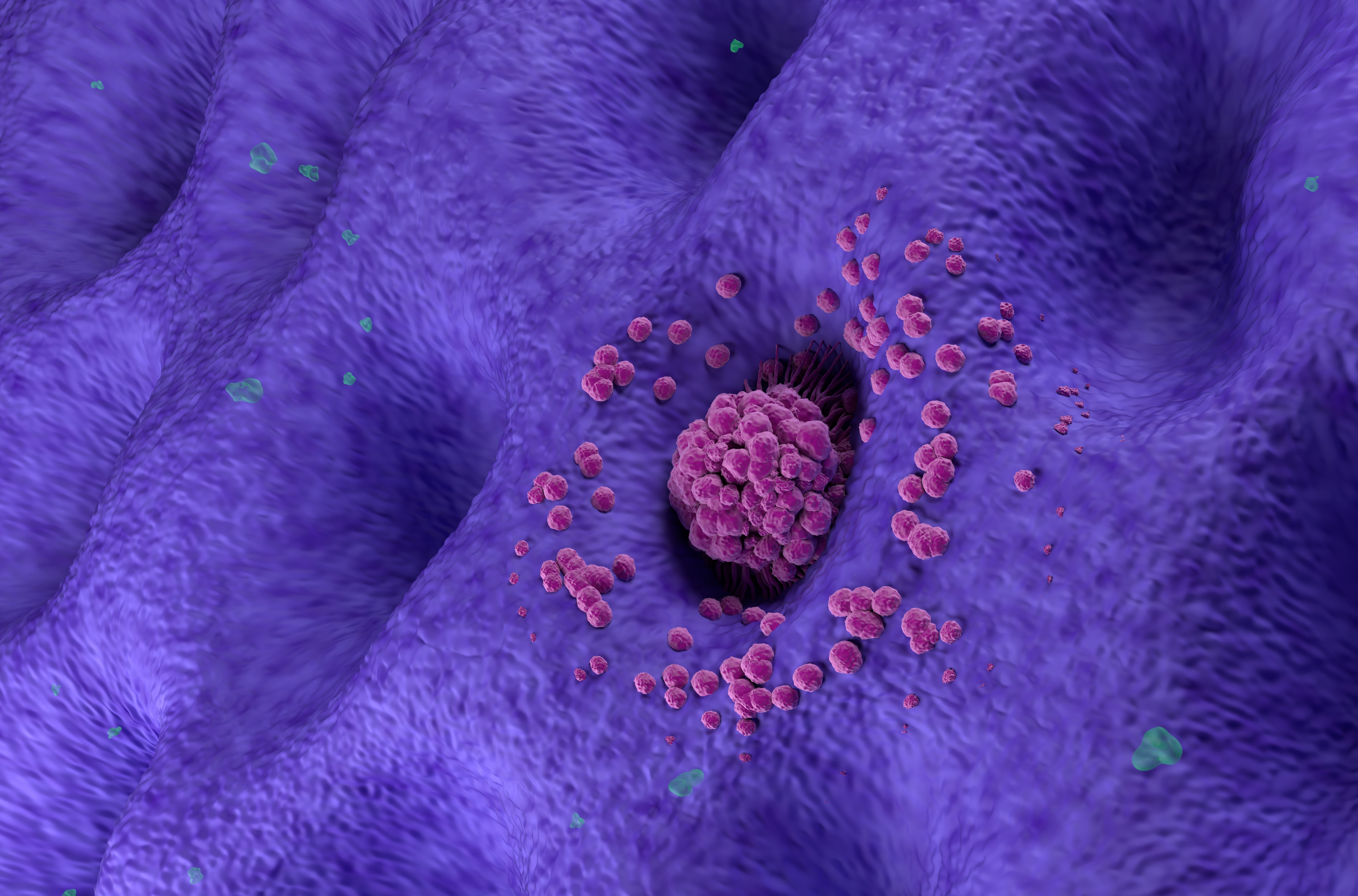FDA OKs PD-L1 pharmDx for Gastric and GEJ Cancer
This companion diagnostic tool, which is already approved for use in 5 other cancer types, identifies patients who may be suited for treatment with pembrolizumab.
Gastric and gastroesophageal cancer: ©LASZLO - stock.adobe.com

The PD-L1 IHC 22C3 pharmDx companion diagnostic tool is now FDA-approved to aid in the identification of patients with gastric or GEJ adenocarcinoma for whom pembrolizumab is a suitable treatment, according to Agilent Technologies, the device’s manufacturer.1
This marks the sixth indication for which the PD-L1 IHC 22C3 pharmDx has been approved. The device is also approved for use in patients with non–small cell lung cancer, esophageal squamous cell carcinoma, cervical cancer, head and neck squamous cell carcinoma, and triple-negative breast cancer to identify who may be amenable to pembrolizumab.
“PD-L1 expression is a critical biomarker for response to anti-PD-1 therapies such as [pembrolizumab]. This endorsement underscores Agilent’s leadership in the development of companion diagnostics for groundbreaking anti-PD-1 therapies,” said Lous Welebob, vice president and general manager of the pathology division of Agilent, said in a press release.1
A 2020 real-world analysis found that the PD-L1 IHC 22C3 pharmDx delivered low failure rates, and the turnaround time remained reasonable, even as PD-L1 test volume increased tenfold over the evaluation period. The study also found high concordance between the IHC 22C3 and the ICH 28-8 pharmDx, a companion diagnostic to aid in identifying patients for treatment with nivolumab (Opdivo) and ipilimumab (Yervoy).2
Gastric and gastroesophageal cancer: ©LASZLO - stock.adobe.com

The PD-L1 IHC 22C3 was used in the KEYNOTE-059 trial (NCT02335411) which investigated pembrolizumab in patients with recurrent or metastatic gastric or GEJ adenocarcinoma. This trial enrolled 259 patients who had disease progression after at least 2 prior systemic treatments, including a fluoropyrimidine and platinum doublet. Of 257 evaluable patients, 148 (58%) had PD-L1-expressing tumors with a combined positive score greater than or equal to 1.3,4 The overall response rate in the PD-L1-expressing population was 15.5% (95% CI, 10.1%-22.4%; 23/148). The duration of response ranged 1.6-17.3+ months with a median of 16.3 months.5